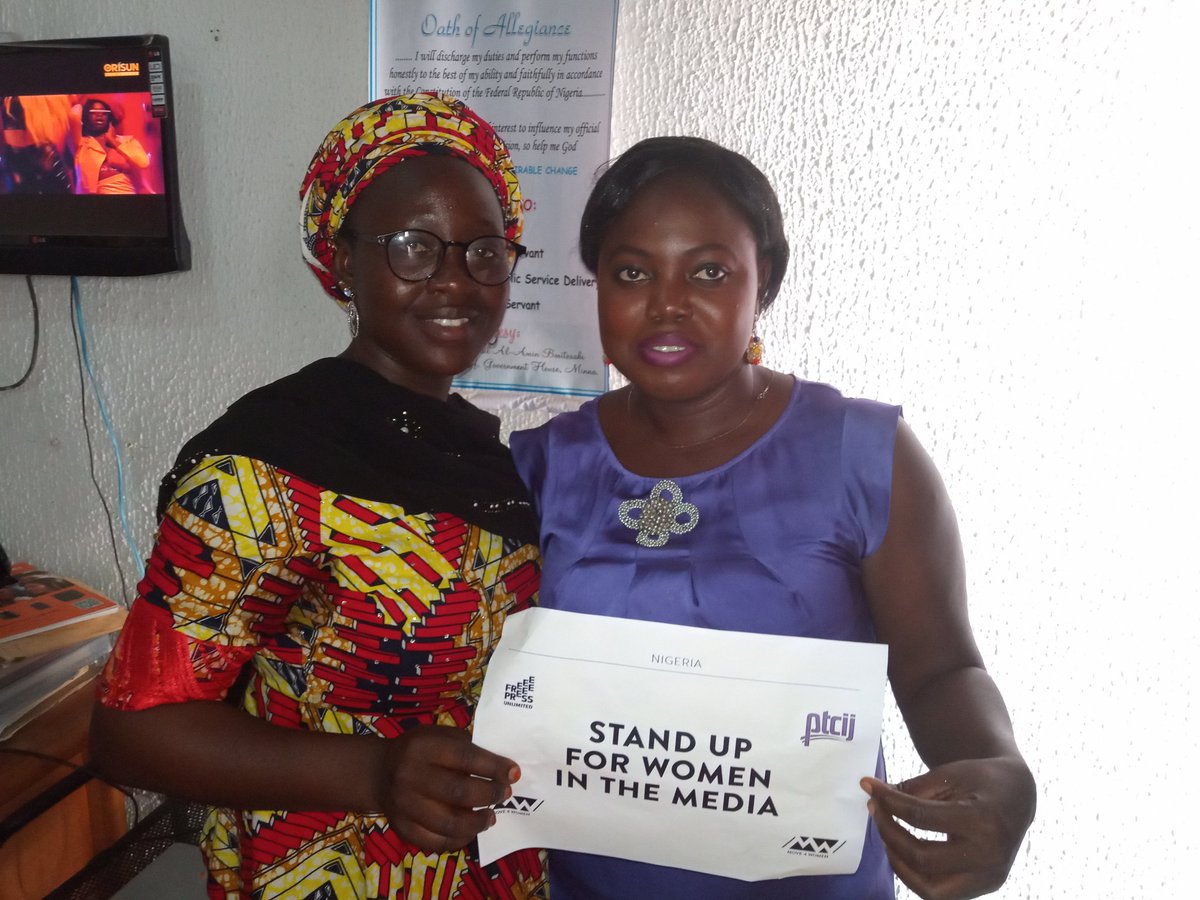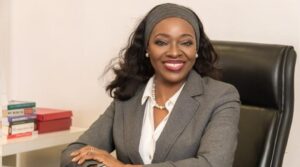Funmi Falobi, Lead/Editor of Social Development News in this special report to commemorate the 2019 International Women’s Day writes on the need to have more women in the management of media houses in Nigeria.
World over, the society has put the men in more advantageous positions over the women. The situation is even worse in Africa where patriarchy culture is the order of the day. Nigeria, the acclaimed giant of Africa is not left out where in some parts of the country; it is even believed that women should not be heard not to talk of being in any profession.
In every sector, women continue to face a lot of disparity and those have managed to get to the top do so with a lot of hard work and sacrifice hence, there is a serious discrepancy in the number of women who have risen to the top in their professions.
The media industry which informs, educate, teach and entertain the society is not spared in this inequality. Research reveals that in Nigeria, there are more men in the management level in media houses while the female counterpart is very low.
In order to bring issues affecting women to the front burner and ensure more women in leadership and management position in their various professions, United Nations has designated March 8 as International Women’s Day with the campaign theme for 2019 as “Balance for Better.”
Looking at the role women play in the media, there is a need to address gender inequality in the management positions in the industry. The truth is there are women who can handle managerial positions but are yet to be given the opportunity.
Professor Abigail Ogwezzy-Ndisika, Head of Department, Mass Communication, University of Lagos, explained that there are factors that militate against women but declared that few have been able to break the barrier to get to the top.
“We have more women than men in the number of students that enrol to study mass communication. But many women don’t practice journalism and few that practice do not get to the top because they choose beats they cover and they are not in the hardcore beats and this affects them.
Some of them too are not ready to go through the drills and marital status also affects women because they believe she will go for maternity leave etc. However, there are few women who have broken the glass ceiling,” she said.
The university don however advised that “Women should be ready to go through the training, have mentors, grow their profession and make a mark. With this, there will be an opportunity for getting to the top.
Many women don’t believe in networking. We need to do networking, understand boardroom politics. Achieving the balance for better is not going to be 100 meters dash but a marathon. Where there is a will there is a way.”
In his own submission, Director, International Press Centre, IPC, Lanre Arogundade said that having more women in management positions should be a deliberate effort by the media organisations.
“People in the media should adopt gender policy that men and women should be equitable players in the media organisation. That means media should not hesitate to give a position to women that excel, such female journalists should be allowed to practice and get to the managerial level. A gender policy will also allow media houses to do gender audit of their newsrooms which will help to give the opportunity to female.”
Similarly, Ms Joke Kujenya, Senior Investigative Journalist and the Executive-in-Charge, Media Mentors Leadership Academy opined that with the concept of ‘Balance for Better’, the chance is expected to be created for the woman to explore her profession to any height of career achievement.
According to her, the theme also offers women the dais to ignite self-esteem and quality vision in her pursuit of career excellence.
“The Balance for Better campaign theme of the International Women’s Day 2019; is just a way of asking for gender equality in our media outfits. So, yes, while I strongly support that we should be elevated and not gagged on the guise of gender, age or marital status as long as we can function at par with our male counterparts; I personally wish to take a detour.
That detour is for us to practice and deliver in our professional tasks without giving excuses. The Balance for Better is not something that will happen overnight. And it is not something we should be beggarly about, demanding it year-by-year. It is a vision we must work. Even at that, I doubt if there can ever be a 50%-50% balance of placements in our places of work across the globe,” she said.
The first female news editor in Nigeria declared that a woman or more women can choose to stand out in what they do that the men would have no other choice but to elevate her into that management position.
“If by the world population figures, one gender is more than the other; I doubt if there can be a totally balanced-gender boardroom. But like I said, women can have solid representations that cannot be shoved aside.
And lastly, the denial that often accompanies IWDs that gender balance is not a women’s issue should be done away with. The campaign is actually for women. The men are not complaining about Balance for Better. It’s time we tell our fellow women to rise for action and strengthen our innate talents, develop leadership abilities, network with love and friendliness all in the bid to develop our career aspirations to place us at incontrovertible managerial positions,” she said.
Funke Moore, former General Manager, Lagos Television (LTV) said that gender inequality in the workplace especially in the media is something that should be tackled headlong and eradicated as it is not just a women’s problem but a societal one.
According to her, it is one of the factors militating against socio-economic development especially in developing countries where women are often the breadwinner. Both sexes have a lot to contribute to societal growth and should, therefore, be given equal opportunities in recruitment, salaries and assigned roles.
“The laws against sexual discrimination and harassment must be strictly enforced. A regulatory body should be set up to monitor employers of labour to ensure they are not in breach of the laws and it should be made mandatory for employers to reserve a certain percentage of their workforce and management positions for qualified women.
” Women on their own part should arm themselves with education, be assertive and hardworking. We must work harder than the next man as the glass ceiling is very thick in a patriarchal society like ours. We must network amongst ourselves and be kind to sisters. Mentoring and sharing experiences will also stand women in good stead,” she said.
*’Funmi Falobi (ANIPR)*
*Devt. Journalist, Writer, Lecturer/Media trainer.*
Lead/Editor, Social Devt News @ www.sdnonline.net
Tel: +234 *8053473949*
*Twitter: @falobifunmi*






